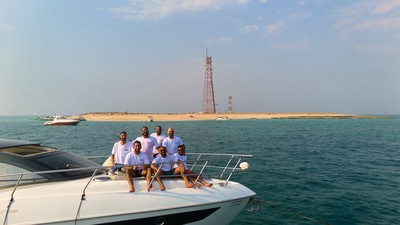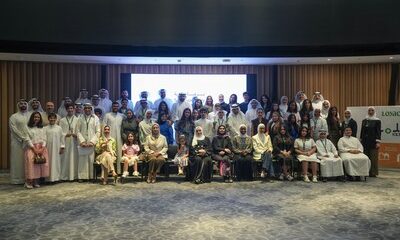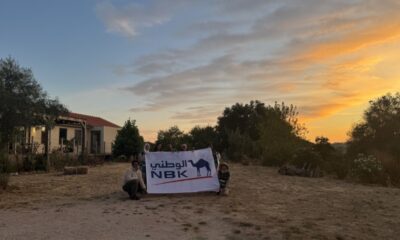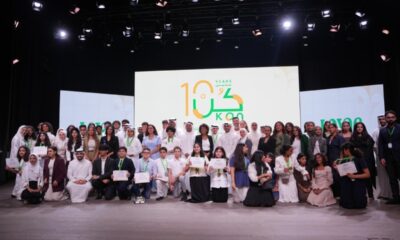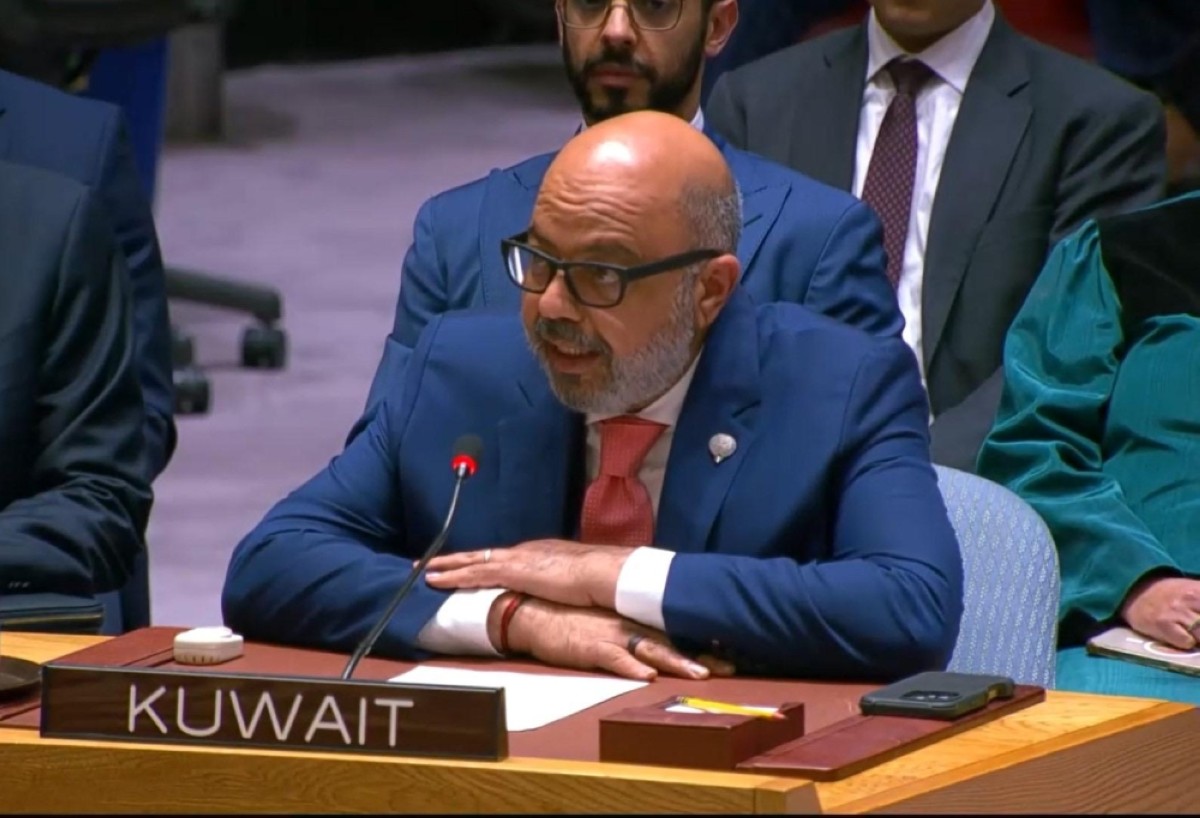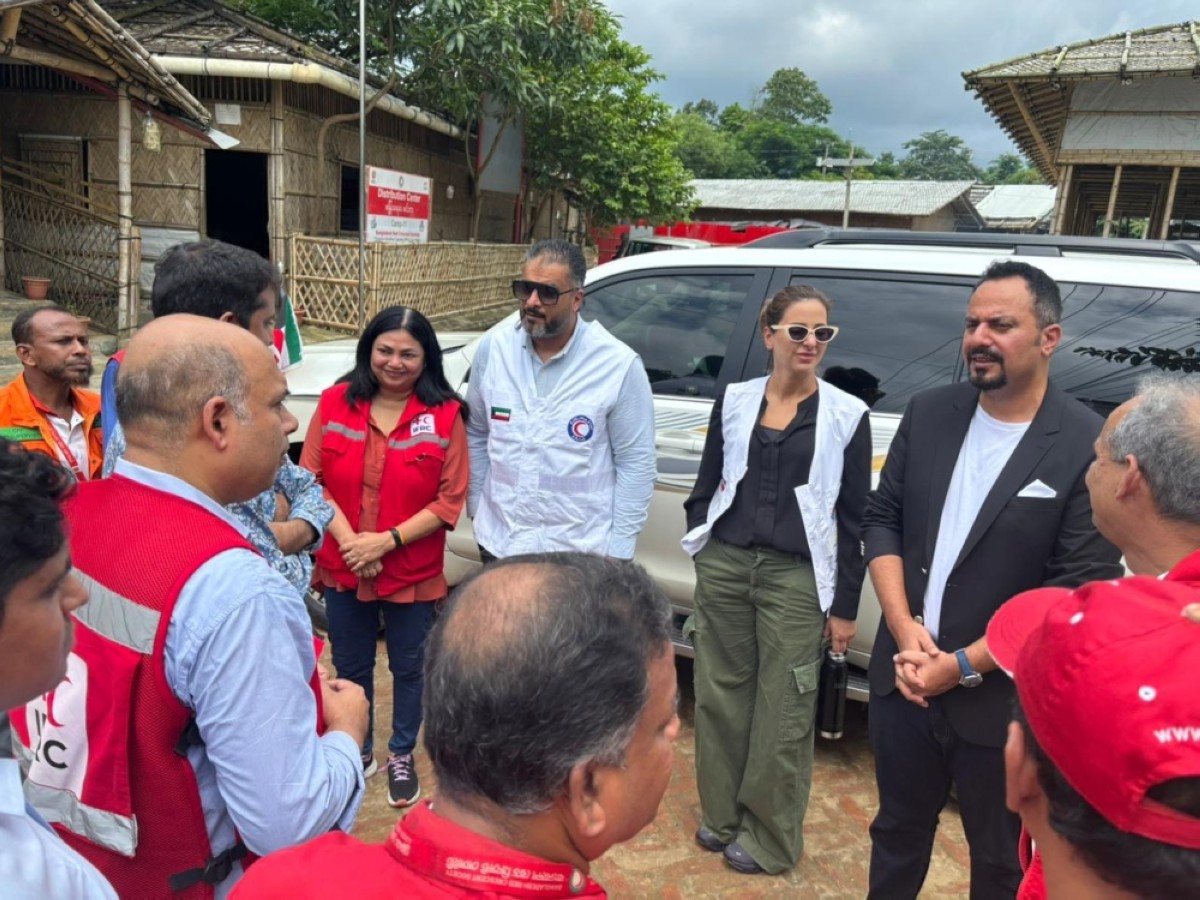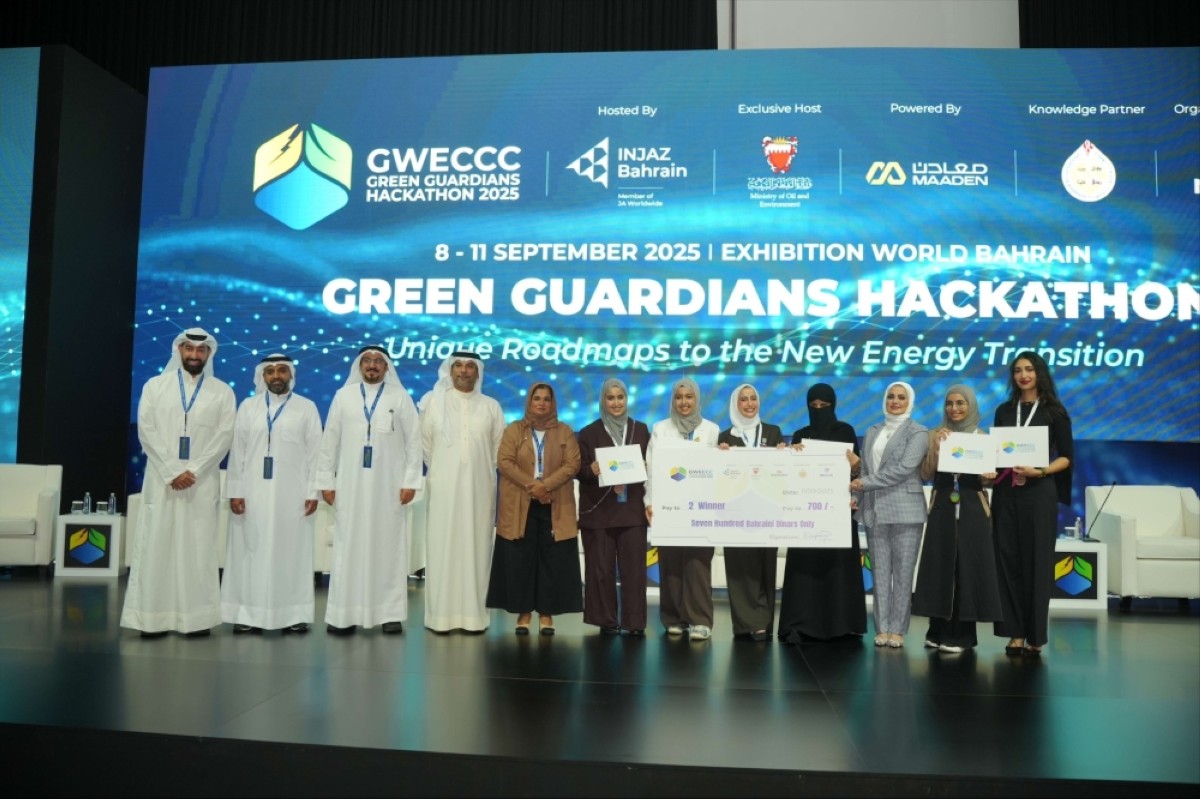KUWAIT: In the backdrop of an increasing growth in the use of artificial intelligence, effective understanding and employment of this technology has become imperative for financial institutions that aim to maintain their leadership. To this end, the Learning and Development Department at the National Bank of Kuwait (NBK) launched a series of advanced training masterclasses as part of the AI Leadership Program on the capabilities of artificial intelligence, titled “Preparing for the Future”. The aim of this series of intensive masterclasses is to introduce upper executive management to the latest developments and technologies in the field of artificial intelligence.
NBK is aware that AI is not merely a technological tool, but a key engine that can reshape and transform the banking sector. Therefore, these masterclasses strive to enable NBK employees to explore and apply the endless capabilities of AI by analyzing large data to identify new growth opportunities, enhance client attraction, and develop innovative services and products. Moreover, AI technologies can also contribute to enhancing operational efficiency by automating routine functions, enhancing risk management, and supporting quick decision making.
The workshops was presented by Warren Knight, a digital leader and AI transformation expert who worked alongside large regional and global institutions in the field of current and future AI strategies.
Knight holds wide experience in helping institutions execute innovative technological strategies and enhance performance using AI, and he has in-depth knowledge about the effect of technology on business and how to effectively integrate digital solutions in business development strategies.
Commenting on this occasion, Emad Al-Ablani, Group Chief Human Resources Officer said: “We believe that human capital investment is a pillar to achieve sustainable growth and ensure the bank’s excellence and leadership. This is why we are committed to constantly providing innovative training programs that take into consideration the changing market dynamics and strive to keep up with the latest technological updates to build a resilient workforce capable of shaping the future.”
He added: “We continue to provide carefully designed development programs to enhance the integration of technology in the work environment, as we are committed to our strategy that aim to support continued learning and support human-led innovation across the group’s sectors and departments.”
Al-Ablani said that NBK’s learning and development strategy is “inclusive and is aligned with the highest international standards to enable employees to deal efficiently with future challenges amid an accelerating pace of technology, which should consequently help NBK achieve its long-term objectives.”
Finally, Al-Ablani emphasized that understanding the changes in the field of digital transformation and AI developments and their influence on the banking sector directly impacts the strategies and plans of financial institutions to keep up with the latest updates and achieve sustainable growth.
It should be noted that NBK maintains its leadership in the financial sector in Kuwait and the region by embracing a responsible digital transformation path. These initiatives reflect the bank’s unwavering commitment to empowering human talent, accelerating the pace of innovation, and setting new standards for AI-driven transformation in the banking sector, creating long-term value for customers and shareholders.
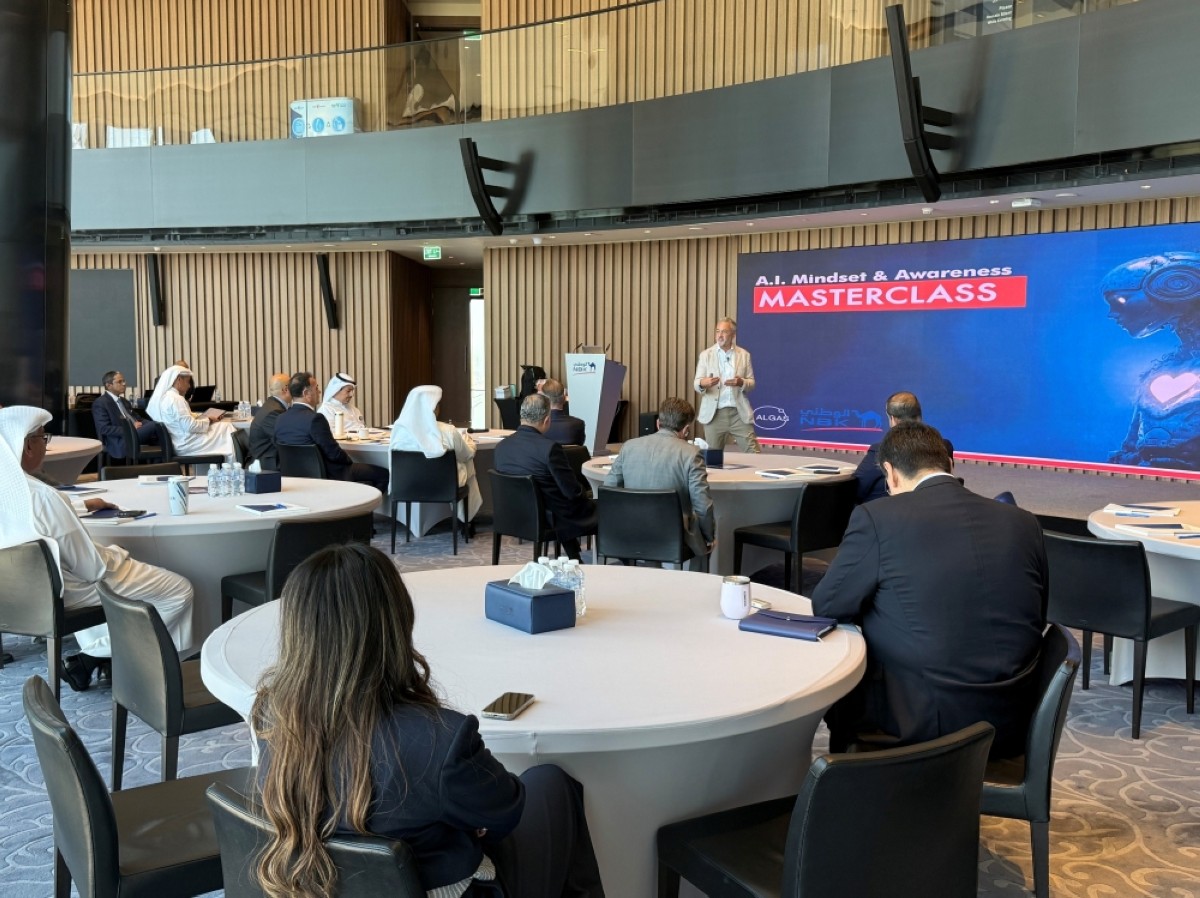
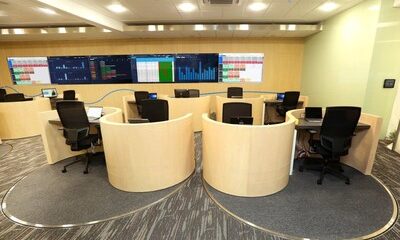
 Business23 hours ago
Business23 hours ago
 Latest News12 hours ago
Latest News12 hours ago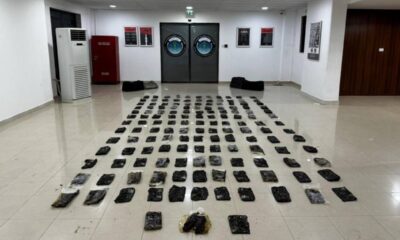
 Latest News20 hours ago
Latest News20 hours ago
 Latest News21 hours ago
Latest News21 hours ago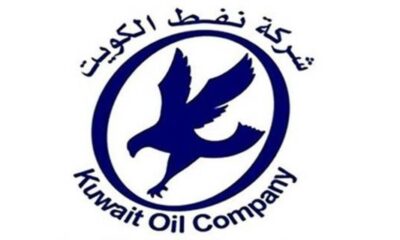
 Latest News22 hours ago
Latest News22 hours ago
 Politics21 hours ago
Politics21 hours ago
 Politics22 hours ago
Politics22 hours ago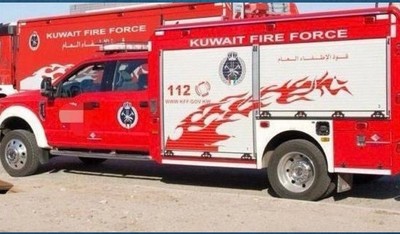
 Politics18 hours ago
Politics18 hours ago



